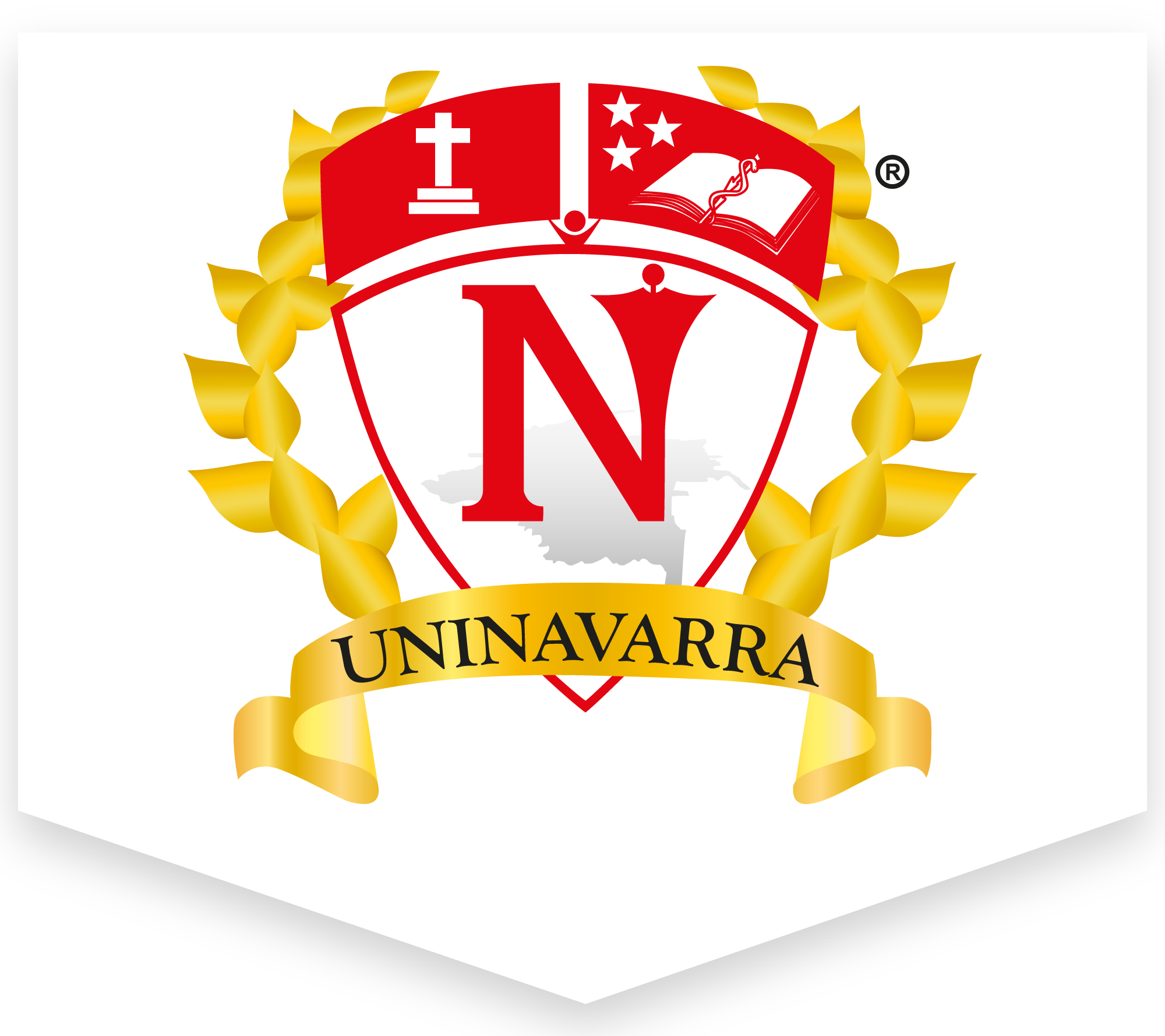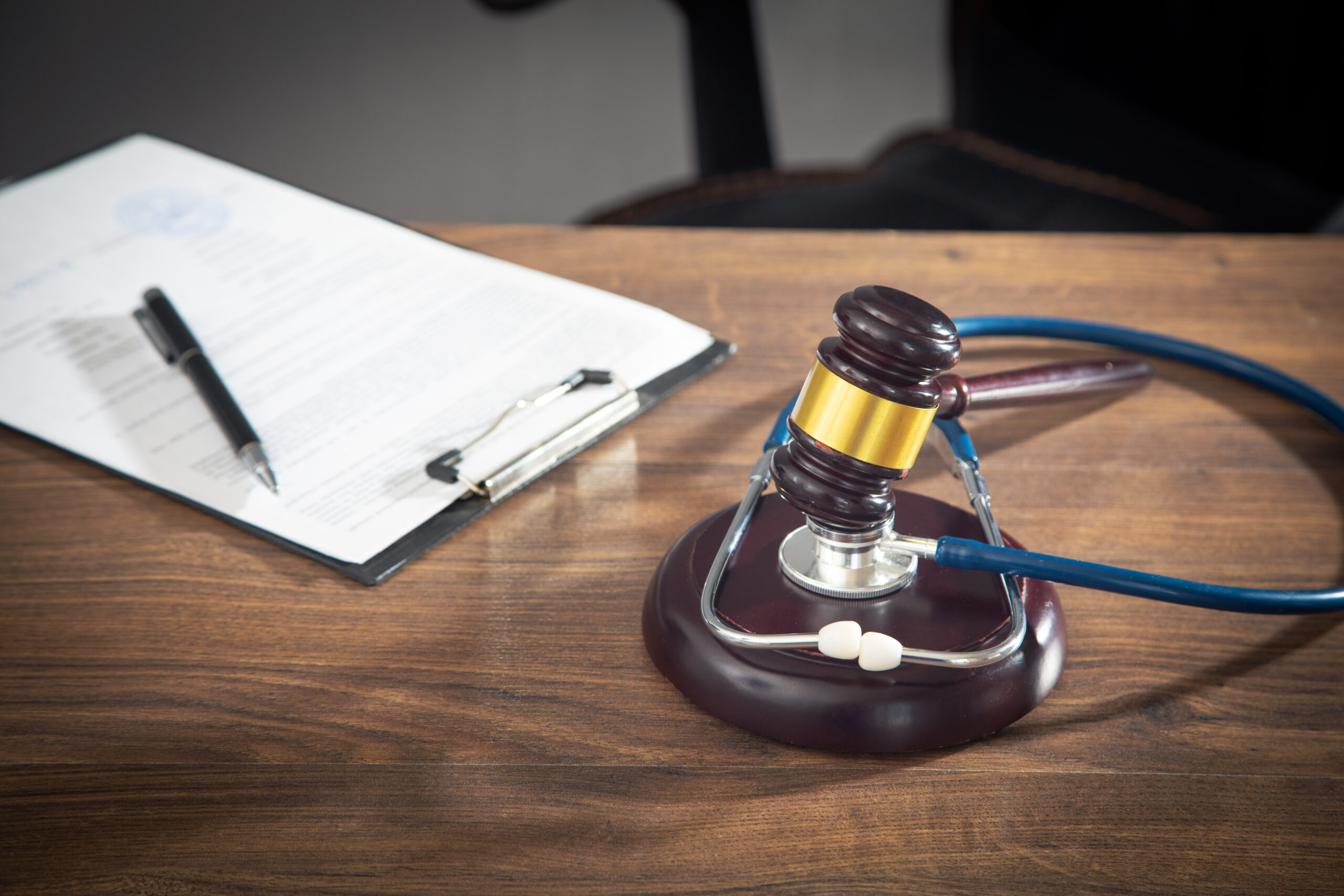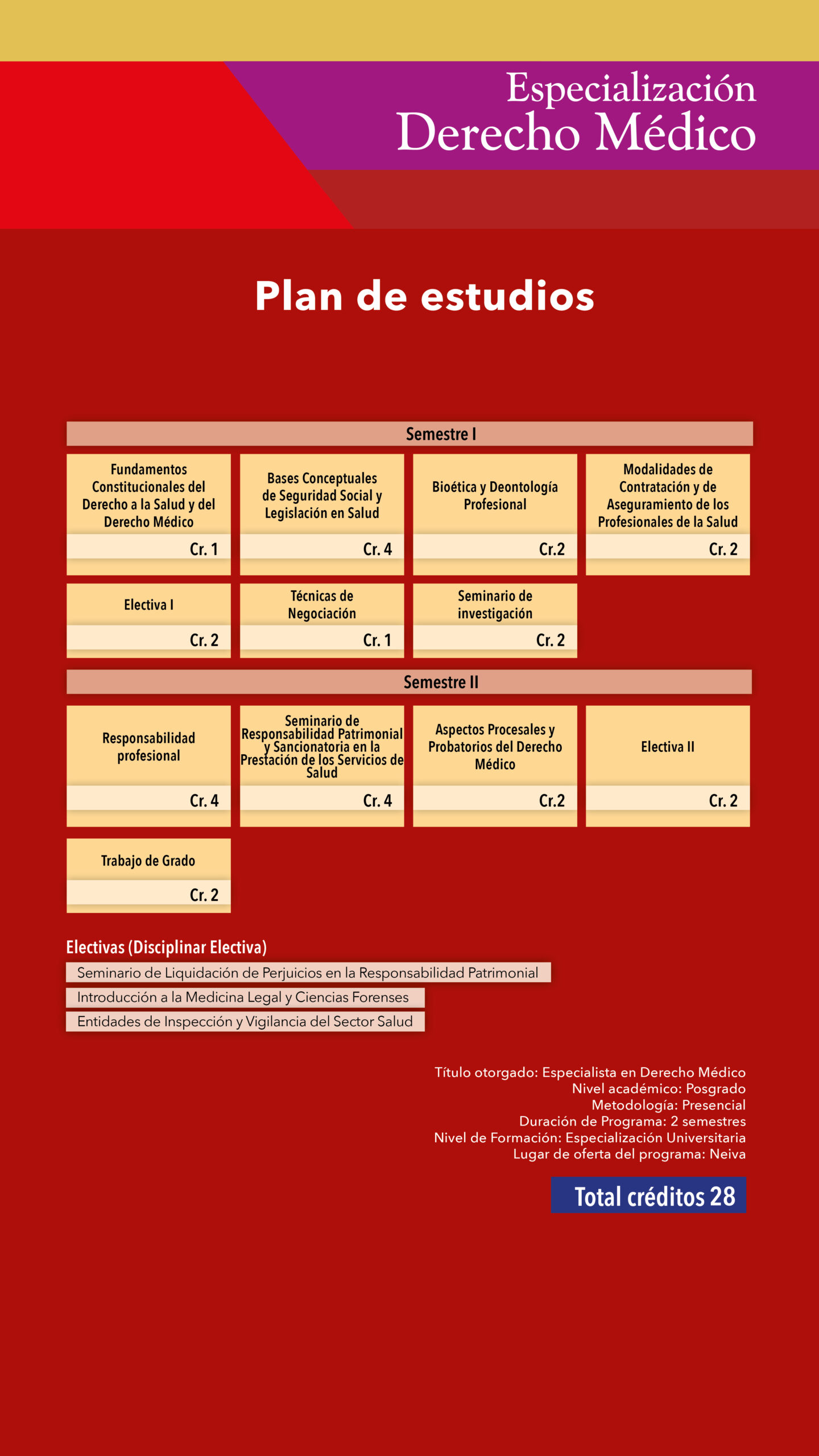| Title awarded: Specialist in Medical Law |
| SNIES Code 107402 |
| Qualified Registration: Resolution no. 13936 of August 15, 2018 of the MEN, validity: 7 years. |
| Duration of the Program: 2 semesters |
| Number of academic credits: 28 |
| The program is attached: Faculty of Humanities and Social Sciences |
| Academic Level: Postgraduate |
| Level of training: University Specialization |
| Methodology: On-site |
| Location: Neiva, Huila, Colombia |
| Periodicity of admission: Semiannual |
| Contacts: +57 318 071 5286 +57 317 514 1730 |
Presentation of the program
UNINAVARRA's Specialization Program in Medical Law interrelates the curricular contents with the areas of public law, private law, and even with other sciences of knowledge, in search of interdisciplinarity and transdisciplinarity, within a modern, pertinent and attractive proposal, with emphasis on practical aspects, and with an offer of selection, organization, structuring, distribution, transmission and evaluation of knowledge, which consults the reality and the need of the Surcolombian Region.
This project was born in the Faculty of Humanities and Social Sciences, with the support of the Research Group DIALOGOS, which is made up of: experts in the field, teachers and administrative staff linked to the Faculty, to the national academy and to the outstanding practice of the profession in areas that make up the graduate program, seeking to provide the department of Huila, the Surcolombian region and the country, relevant academic offerings in the field of law and related sciences, creating spaces where professionals update their disciplinary knowledge and discuss new trends in law, according to the needs demanded by our society.
The training proposed in the specialization of Medical Law is based on its curricular structure, which selects relevant and pertinent contents of the discipline, designed from academically organized processes in curricular areas and modules.
The areas that have been established are:
- Basic disciplinary training
- Disciplinary or specific training
- Complementary training
- Research training
The first one (Basic Disciplinary) provides basic knowledge necessary for specific knowledge, such as the legal figures and institutions and actors of Medical Law, the Constitutional foundations of the Right to Health and Medical Law, the Conceptual bases of Social Security and Health Legislation, the Modalities of Contracting and Insurance of Health Professionals.
The disciplinary training area provides the elements that constitute the specific knowledge of the specialist in Medical Law and that differentiates him/her from other types of specialists in Law, allowing the student to identify ways:
- Individual civil liability of the physician.
- Ethical responsibility of the physician and bioethical dilemmas.
- Physician Disciplinary Liability
- Criminal liability of the physician.
- State patrimonial responsibility in the provision of health services.
- Civil liability, patrimonial liability of the Health Service Provider Entities.
- Procedural and Evidentiary Aspects of Medical Law.
The third and fourth areas (Complementary and Research) facilitate the student the acquisition of knowledge accompanied by the development of skills and knowledge that complement the disciplinary ones, allowing the formation and preparation of an integral professional in the field of Medical Law. Thus, these areas are composed of the following courses: Negotiation Techniques and Research Methodology.
These areas seek to develop the capacity for autonomous learning, solid structures of thought and basic disciplinary training. It also allows the student to identify the scientific, conceptual and social basis of the problems of Medical Law. Likewise, it develops in the student of the specialization, the understanding of his knowledge and analysis of its effects on others, with the capacity to improve the understanding and sensitivity towards others. It also allows him/her to have the confidence to improve his/her own system of values and integrity in any situation presented and to accept the values of others without judging them.
Who is the target audience?
Law professionals, health professionals and professionals in any area of knowledge who are interested in the subject of specialization or are engaged in the practice, study or defense of Medical Law.
The Medical Law Specialist will be a professional with a solid legal, humanistic, political, ethical, conciliator, entrepreneur, with the ability to prevent, analyze and solve practical problems and theoretical dilemmas with civic responsibility and democratic commitment, in cases where the Social Security Health System and its users are involved, choosing the best way to manage them, preventing them from having a negative impact on the integrity of the user and in the financial area of an institution, understanding the regulations in which it is supported and that determines the legal relationships that are configured around the provision of health services, the roles played by their actors and the way they are committed to their actions.
Likewise, it emphasizes the different professionals in the health area and their actions and duties towards the patient, given that these and the community in general, place all their trust in order to help them preserve their life and their physical and psychological health; therefore, they expect and demand the fulfillment of the duties imposed by the respective codes of ethics, the legal system and science.
The Medical Law Specialist finds many fields of action as an independent professional or within the labor field. As advisors, administrators, auditors or employees of a health entity (E.S.E, A.R.L, E.P.S., I.P.S., prepaid medicine entities and other entities of the health sector).
Legal professionals such as litigators, judges, legal assistants, advisors in processes derived from conflicts of medical or health law, as members or external advisors of health service providers and insurers. They will also have the knowledge to focus on the prevention of legal risks in the provision of health services, providing counseling and legal assistance in the anticipation and assurance of these risks.
Health professionals will be able to better practice their profession, which will contribute to minimize the legal risks derived from it; they will be able to work in the provision of services in the health care area; in advising administrative entities, insurance companies or health service providers; auditing, quality control and management, as well as advising litigation lawyers or legal assistants as experts.
Team of Navarrese Teachers
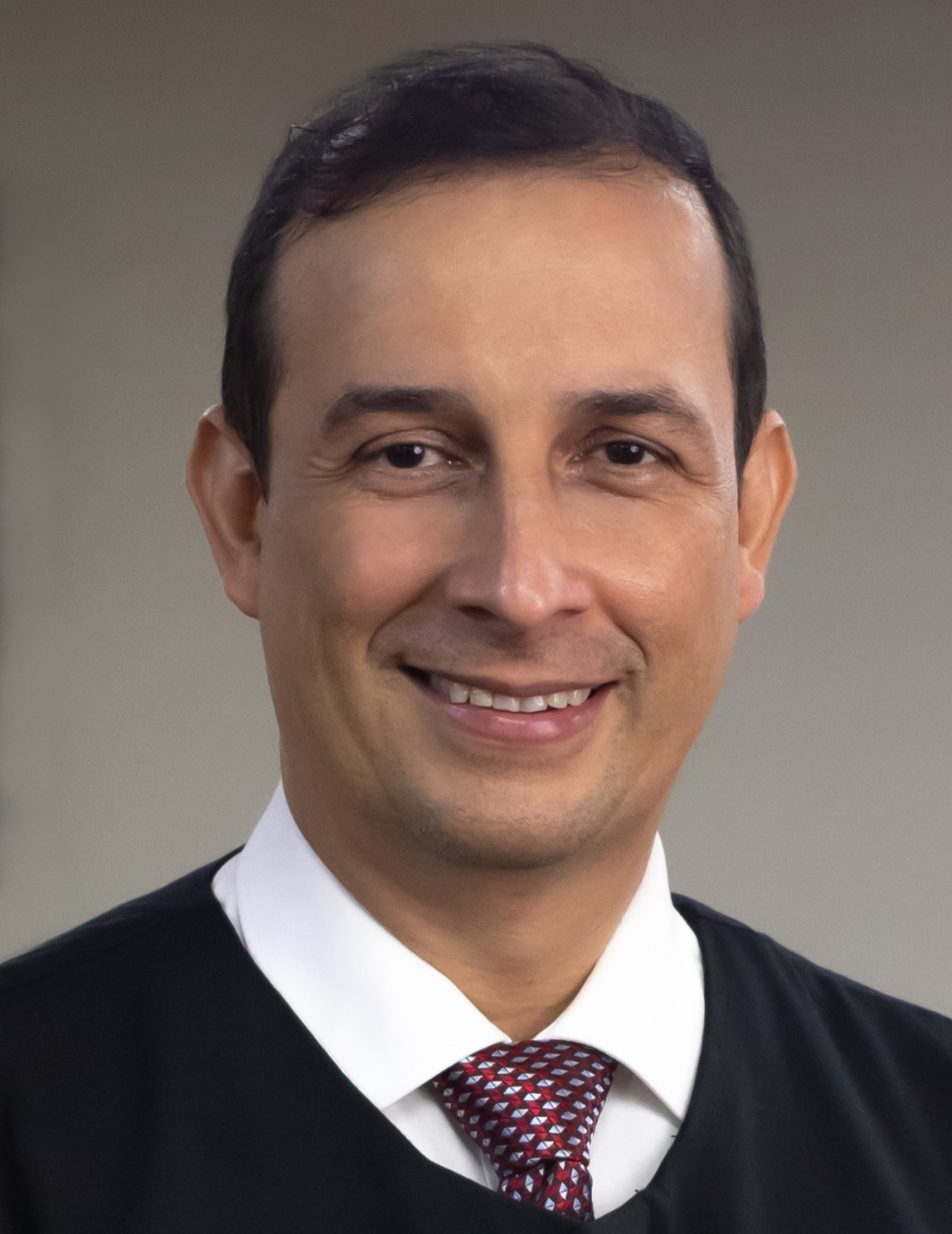
MOISÉS RODRIGO MAZABEL PINZÓN
Lawyer, with postgraduate studies in Administrative Law, Constitutional Law and Political Sciences, Environmental Law and International Law, Master in Theory and Philosophy of Law, with Advanced Studies in Constitutional Law, university professor of undergraduate, extension and postgraduate studies in Law; Magistrate of the Administrative Court of Cundinamarca.
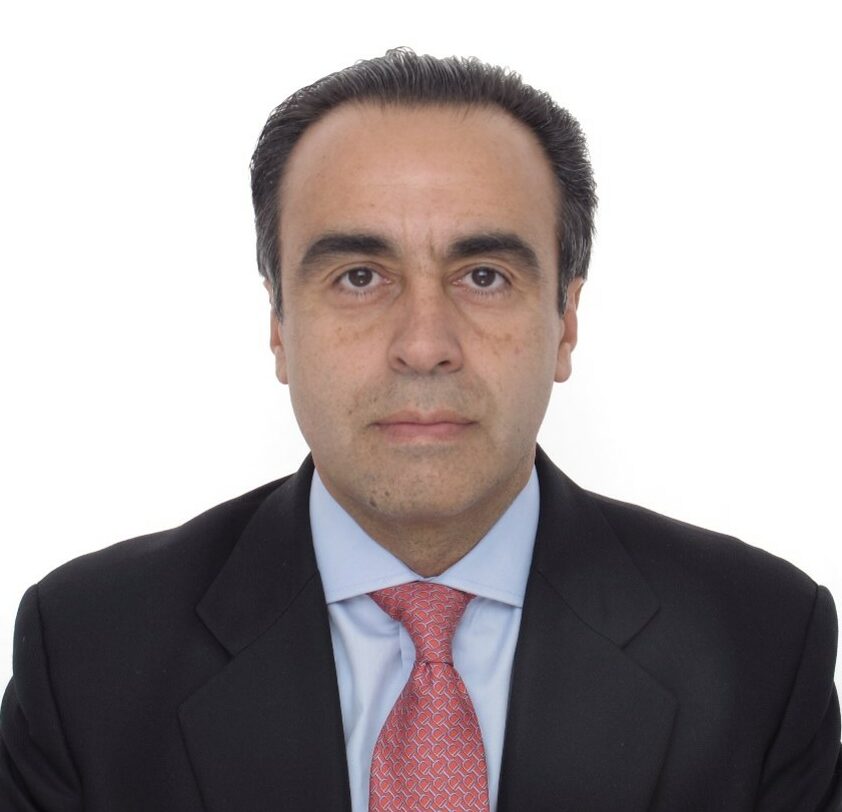
CARLOS ROBERTO SOLÓRZANO GARAVITO
Lawyer, Doctor in Law, Judge of the Criminal Chamber of the Supreme Court of Justice, Author of the text "Criminal Law and Medical Liability in Colombia", Professor at doctorate, master's, specialization and undergraduate levels.
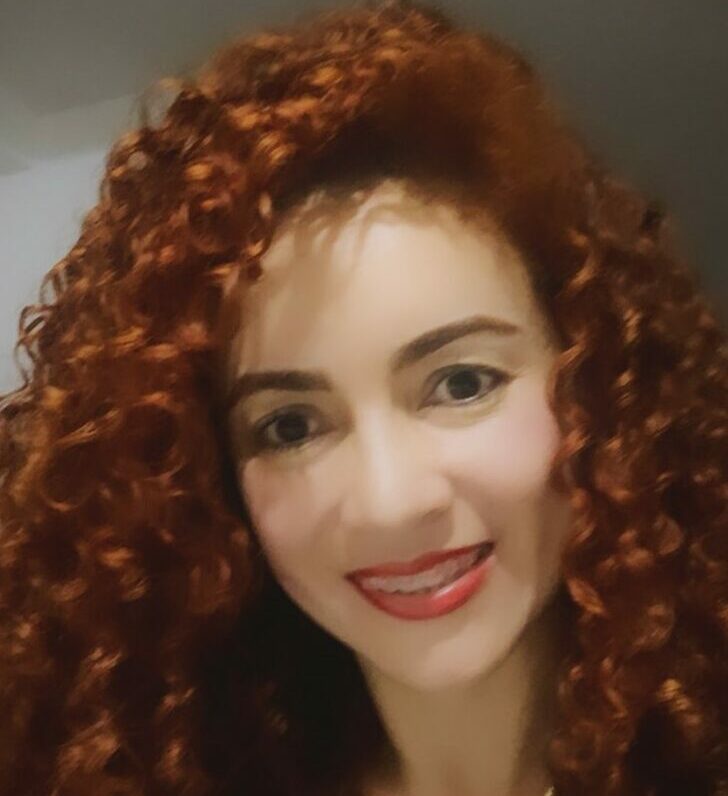
JOHANA GIRALDO OSORIO
Lawyer and Nurse from the Universidad de Antioquia, Master in Medical Law from the Universidad Externado de Colombia, undergraduate and postgraduate professor. Lawyer of the Research Ethics Committee of the Faculty of Nursing of the University of Antioquia.
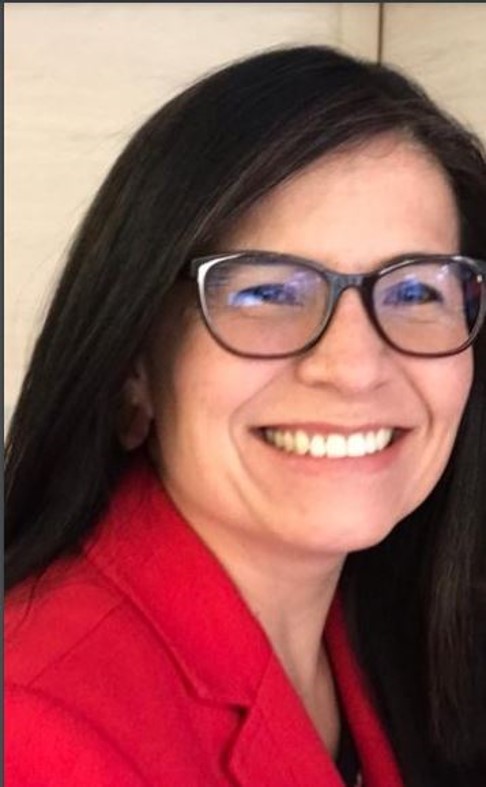
YUDY FRANCISCA AMAYA BARRERA
Lawyer and independent consultant, Specialist in Civil Law, Insurance and Liability, with Postgraduate and Master studies in Colombia (Universidad Externado de Colombia) and France (Pantheoìn Assas-Paris II University. France and University of Poitiers and La Rochelle).
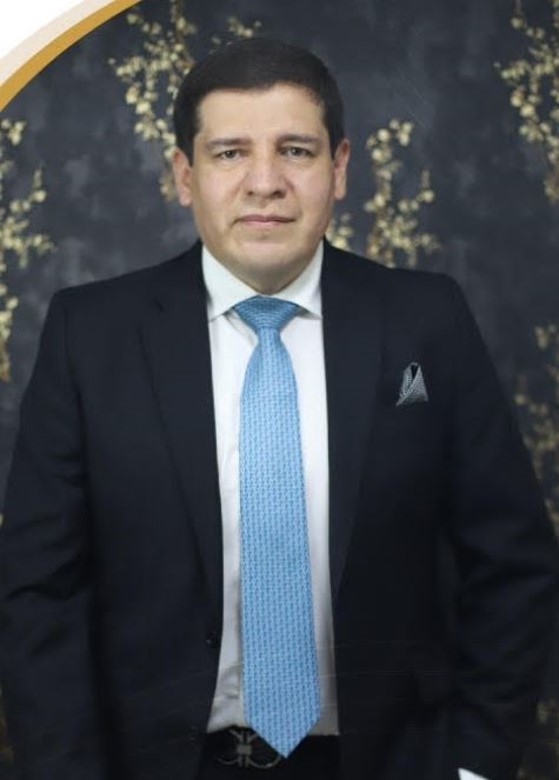
JESÚS ALBREY GONZÁLEZ PAEZ
Lawyer, Specialist in Procedural Law, Master in Medical Law from the Universidad Externado de Colombia, has had the opportunity to lead different matters with important actors of the health system in Colombia. Current President of the Colombian Bar Association in Medical Law.
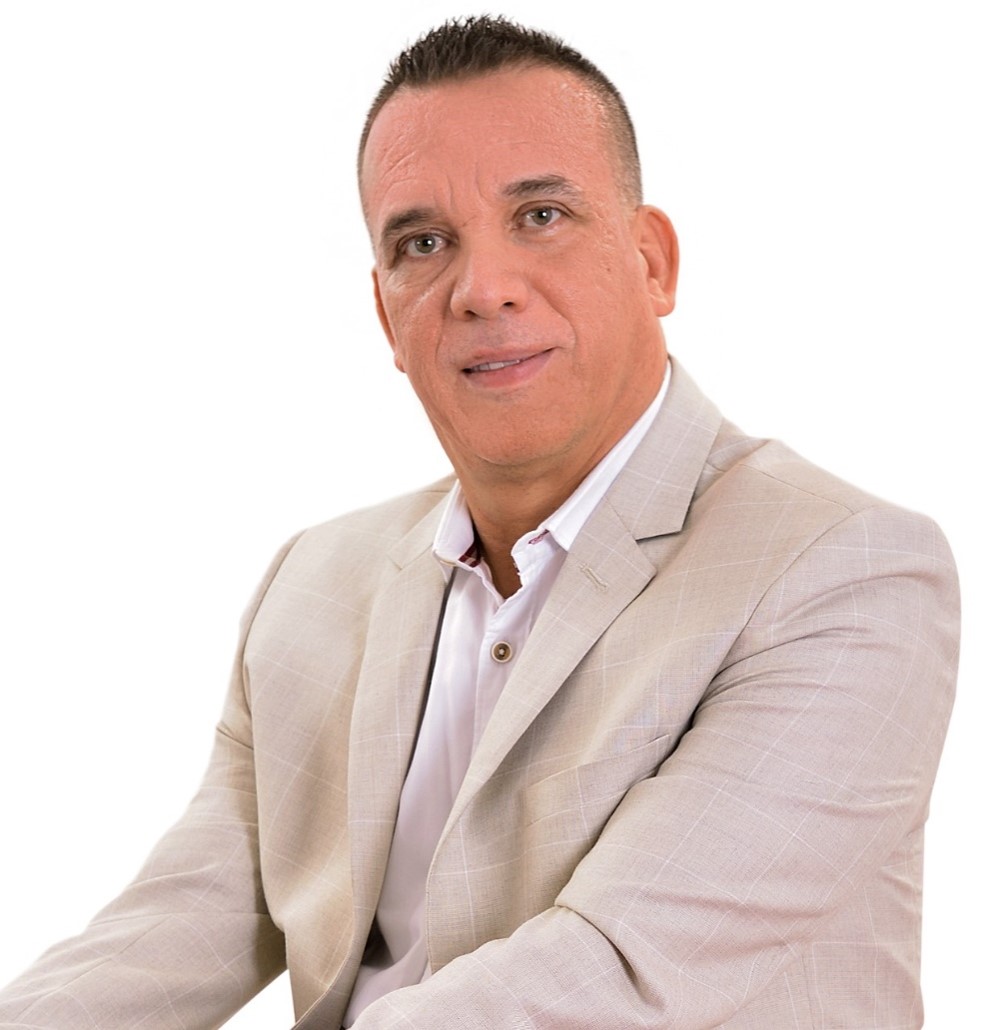
DAYRO GUTIÉRREZ CUELLO
Gynecologist, Specialist Lawyer and Master in Medical Law from Universidad Externado. Specialist in pedagogy and teaching. Former president and former judge of the Ethics Tribunal of Valle del Cauca. Undergraduate, postgraduate and master's degree teacher at several universities in the country.
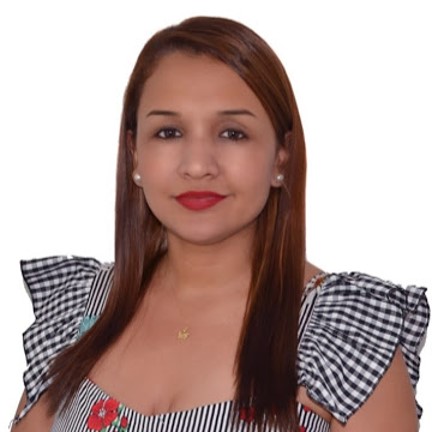
EDNA ROCÍO HOYOS LOZADA
Lawyer Specialist and Master in Medical Law from the Universidad Externado de Colombia, with extensive experience in the field of patrimonial and punitive liability in the health sector, current National Director of Medical Liability of the Medilaser SAS Clinic, undergraduate and postgraduate lecturer at the University Foundation Navarra - UNINAVARRA.
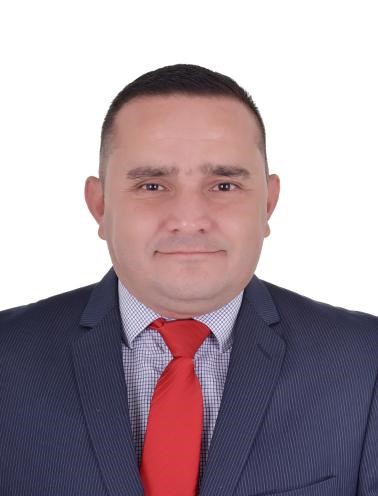
ÁLVARO JAVIER GONZÁLEZ BOCANEGRA
Lawyer, Specialist in Administrative Law from Universidad Externado de Colombia, Master in Law, with emphasis in Administrative Law from Universidad Sergio Arboleda. Former Auxiliary Magistrate of the Council of State, Third Section, General Director of the firm "Álvaro González Abogados". Postgraduate professor.
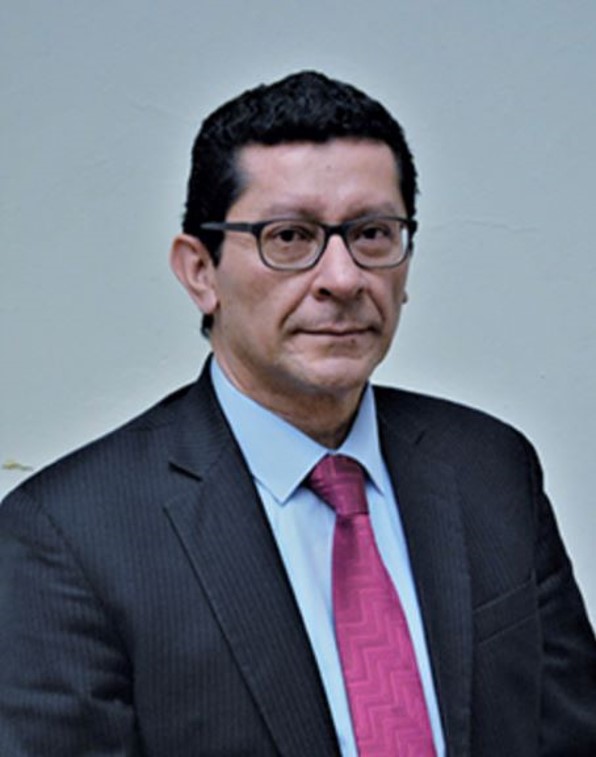
JULIO CÉSAR FERREIRA MELO
Lawyer from the Universidad Libre, Bogotá branch, with specializations in Legal Institutions of Social Security from the Universidad Nacional de Colombia, Bogotá; Occupational Health and Hygiene (today OSH) from the Universidad Distrital Francisco José de Caldas, Bogotá; Master's Degree in Public Law from the Universidad Autónoma de Colombia and in Labor Law and Social Security from the Universidad Libre, Bogotá branch. Undergraduate and graduate law professor.
Why study the Specialization in Medical Law?
These areas seek to develop the capacity for autonomous learning, solid structures of thought and basic disciplinary training. It also allows the student to identify the scientific, conceptual and social basis of the problems of Medical Law. Likewise, it develops in the student of the specialization, the understanding of his knowledge and analysis of its effects on others, with the capacity to improve the understanding and sensitivity towards others. It also allows him/her to have the confidence to improve his/her own system of values and integrity in any situation presented and to accept the values of others without judging them.
